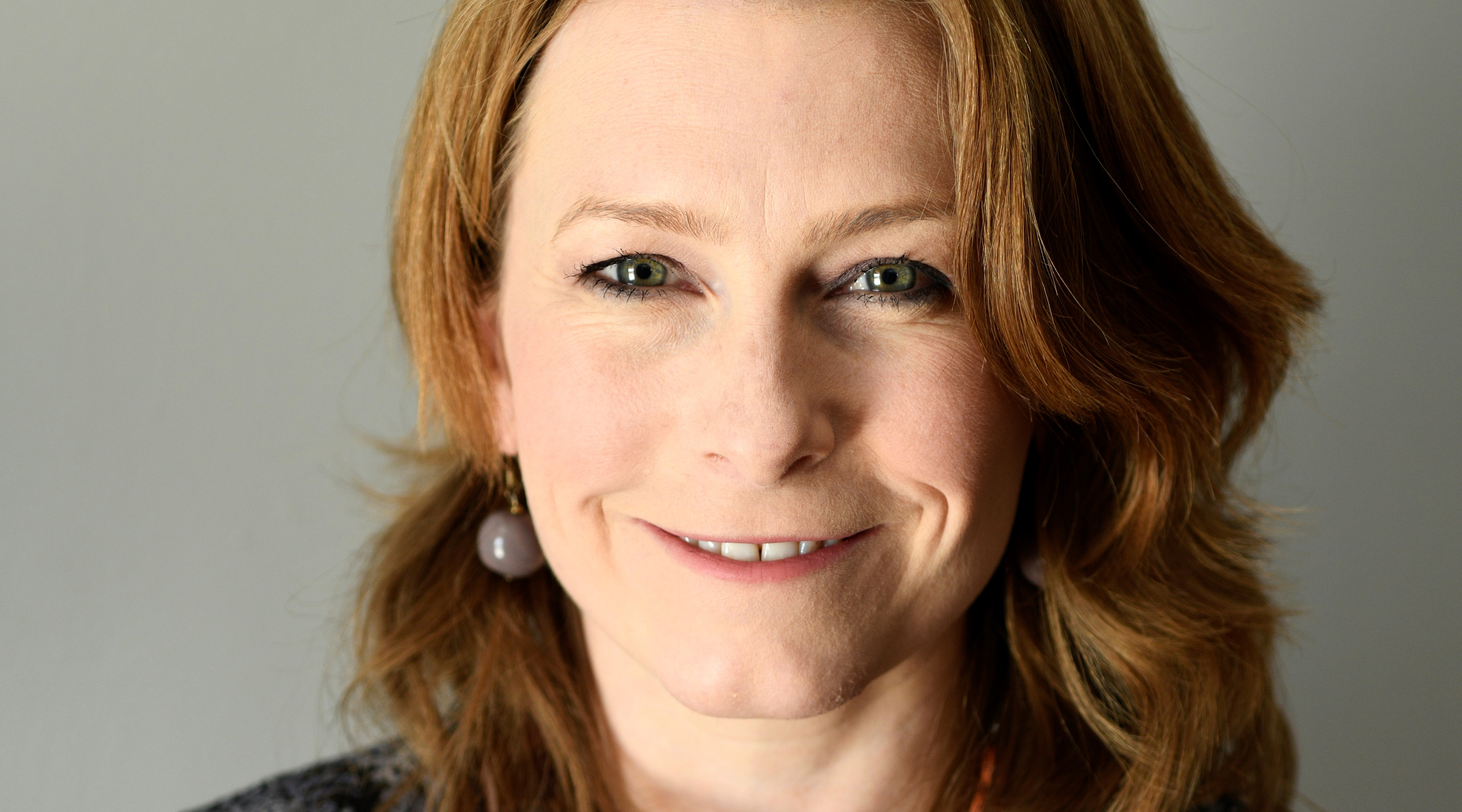Experienced non-executive director says audit committees play a key role in demonstrating credibility to shareholders.
This Future of Audit Series interview is proudly brought to you by ACCA.
Kholeka Mzondeki believes that audit committees hold an often undervalued but critical role in not only assurance, but in driving shareholder confidence. As a non-executive director, Kholeka sits on boards of companies in industries ranging from telecommunications to mining, property development and packaging. She has held CFO and FD roles, as well as being a former ACCA Council member.
Having qualified in the UK with ACCA as a chartered accountant, she says she’s often tasked with sitting on the audit committee of the organisations with which she is involved, given her skills background. Her wide-ranging experience on these committees has given her an appreciation and understanding of the important role they play in a business, from assurance to sustainability and driving stakeholder and shareholder confidence.
“I think that as audit committee members, it’s our responsibility to create, maintain and enhance shareholder value and thereby make ourselves relevant,” she says. “We need to walk a balance between keeping each other in check as members, assurance providers, and management, and giving confidence to shareholders that we are reporting the reality.”
She believes that audit committees need to be able to navigate sometimes uncomfortable conversations with professionalism to ensure the required level of transparency, and to interrogate issues like going concern, all while helping to develop shareholders’ confidence in the entity and its future.
|
On the back of a successful Future of Audit Series in 2021, ACCA has once again partnered with CFO South Africa to bring you a series of interviews that focuses on Audit Transformation, SMPs and important thought leaders in the audit space. Find out how the audit space can be transformed for a better future of audit. Read all about the 2021 Future of Audit Series here. |
Stay sceptical and think strategically
Kholeka says that she has often learned more from boards or audit committees of organisations going through tough times than those where it’s plain sailing, but that the keys to success in each situation are focusing on the right issues and having the right people in key positions, particularly the chairperson and the CEO.
“You have to be alive to the challenges facing an organisation, and not just talk about the numbers,” she says. “And, just as you do as an auditor, as a member of an audit committee, you need to retain your professional scepticism – to ask questions and challenge decisions and decision-making processes.
“What is important is to seek understanding. You are there to work with management, not to talk down to them or conversely to be managed by them, but to engage until you reach the best outcome for the company and not individuals. It’s an important role. When things go wrong, people look to see who was/is on the audit committee.”
She says that audit committees also have an important role to play in terms of making sense of the numbers for shareholders. “For example, let’s say you’re in a growth stage where you need to make investments for the future. And therefore, you decide to deprioritise dividends, so you need to be able to communicate to investors that the plan is to forego the short-term gains in anticipation of greater long-term reward. The audit committee is key to understanding and influencing strategy, and to be able to guide management in communicating the ‘story’ that needs to be told. The audit committee needs to help management and shareholders understand where the truly profitable growth potential is. There’s no point in growing for the sake of being big.”
The importance of the right people
“If you look at some of the big corporate failures in South Africa, and you look at the people on the board or the audit committee, they are intelligent, skilled people,” Kholeka says. “So, what went wrong? In my assessment, I think it’s often about too much familiarity, combined with committees where there are one or two dominant or domineering people, who are usually (but not always) high achievers or rainmakers with less EQ.
“A healthy diversity of thought is needed. If you don’t nip that dominance in the bud, it can disable even the most intelligent of people. That’s why selecting the chairperson of the company is key. It must be a person who can assess the dynamics and manage them. I think there’s a case for oversight of the process of how you evaluate the chairperson of a company on a continuous basis. They are the ultimate ‘go-to person’ and any board member should have confidence in their fairness and independence,” she says.
Diverse accountants
Something else Kholeka believes needs to be addressed is diversity in terms of accounting skills and qualifications. “Sometimes, especially in South Africa, the thinking is that there’s only one way to be an accountant,” she says. “This can lead to exclusion, which can turn into other problems. Exclusion leads to a sense of entitlement, rather than growth in a person. As accountants we shouldn’t be concerned about the letters after our names, but being of public value. If South Africa had had a history of inclusion, we would not have the status of one of the most unequal societies in the world. Now we have to address decades of backlog.”
Diversity is important to ensure the ability to challenge decisions, which is part of the role of an audit committee, she concludes.









